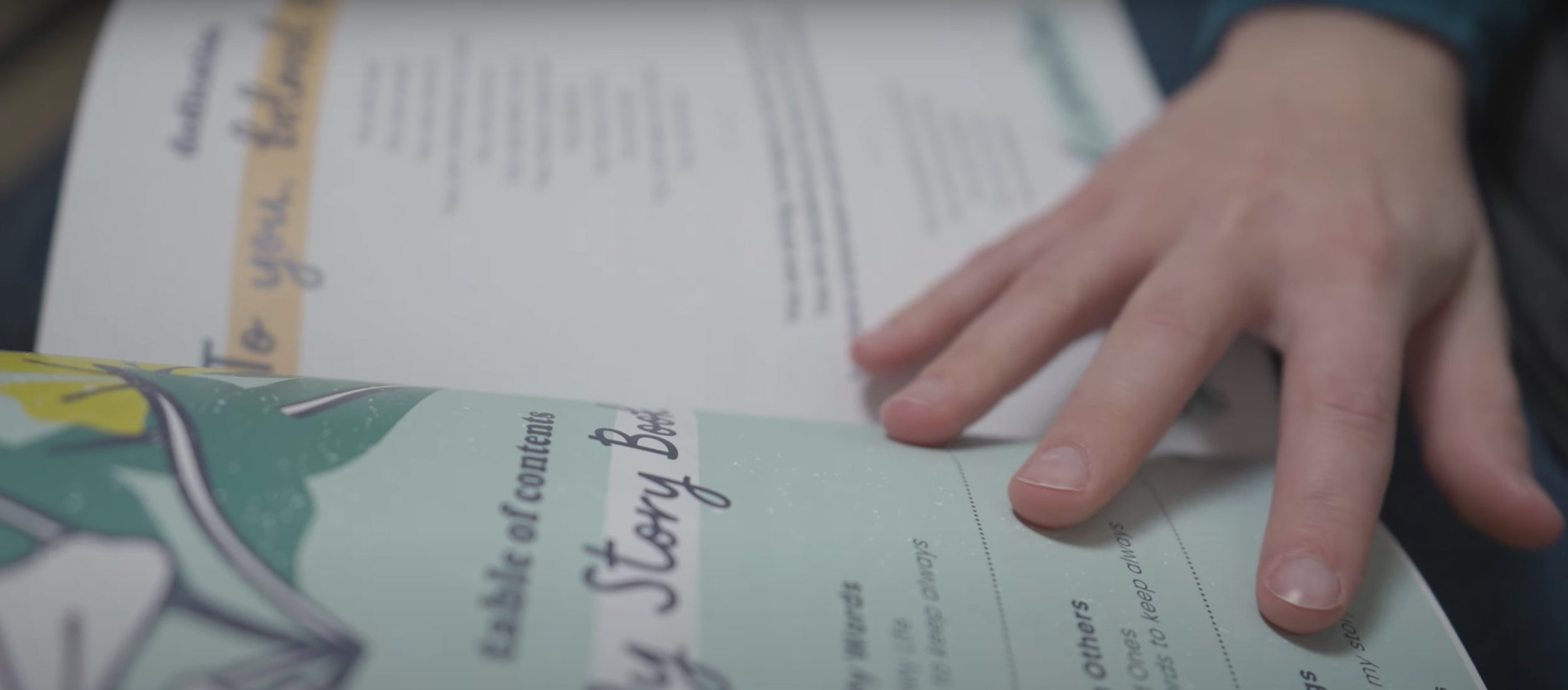Free Resources for Everyone
Learn what everyone needs to know.
If you know, love, teach, and serve adoptees and foster youth, here’s what you need to know. Be trauma informed which means learning the basics about how trauma can change people and understanding them in this context. Be adoptee centered and that means the adoptee point of view informs adoption and foster practice and parenting. Everyone is best equipped to know and support adoptees and foster youth by listening to the experts — those who’ve had life experiences in these systems. Be culturally humble which means recognizing you don’t know what you don’t know, and are willing to do the work to educate yourself in order to meet the unique needs and honor the full identity of others, while ensuring resources and tools are contextualized and translated. Download our FREE guides below from The Adoptee Collective
Trauma + Sensory Processing Dysfunction
Watch Turn Down the Music: Connecting Trauma and Sensory Process Dysfunction and download our free Daily Sensory Self-Care Log to help with emotional regulation and sensory processing. Aversions and strong preferences on taste, texture, sound, and sights can be directly linked to trauma experienced through adoption and foster care. We are honored to offer these three free videos from the Capstone Project of Elizabeth McCann, OTS, through Baylor University toward her Doctorate in Occupational Therapy. Learn, self-reflect, and gain simple strategies to improve daily functioning.
What is Sensory Processing?
What are Your Sensory Styles?
Simple Strategies to Help
Adoptee Competent Resources
Biological/Birth Parent History Forms
We ha’ve created forms available for free download in order to help ask questions and gather information about your biological/birth history. These packets include a Medical History Form, a Get to Know Me Form, and a Relationship History Form. Adoptees can use these in consideration of reunion with biological parents and family members.













